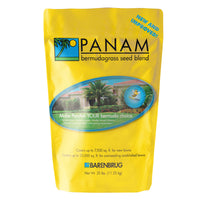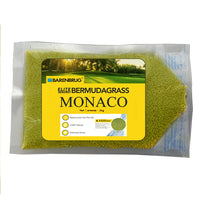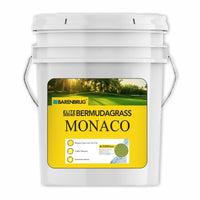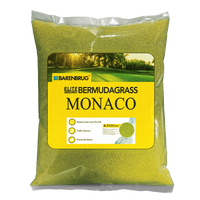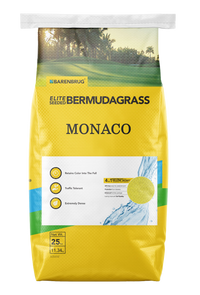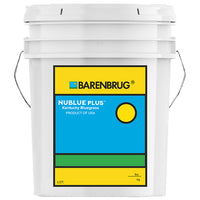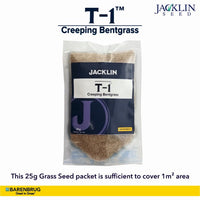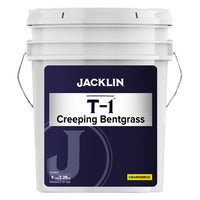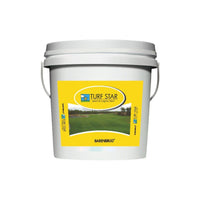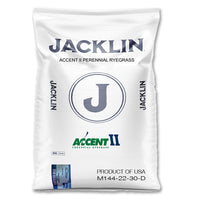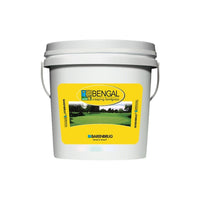In this blog we will learn everything about home garden in India! Here we will guide you step-by-step about Home Gardening, kitchen gardening, plant care, composting and vegetables to grow easily on your terraces, balcony, window sills or open spaces.
- What is Home Gardening?
- Growing Trend of Home Gardening in India
2. Benefits of Gardening at Home
- Physical and Mental Health Benefits
- Fresh, Organic Produce at Home
3. Setting Up Your Home Garden
- Basics of Gardening
- Choosing the Right Location for Your Garden
4. Selecting Containers and Raised Beds
- Importance of Containers and Raised Beds
- Best Containers for Different Plants
5. Essential Gardening Tools and Supplies
- Must-Have Gardening Tools
- Additional Supplies You’ll Need
6. Soil and Composting Essentials
- Selecting Potting Soil
- Composting with Kitchen Waste
7. Veggies, Herbs and Plants to Grow
- Easiest Veggies for Beginners
- Essential Herbs for Your Garden
- Choosing Decorative Plants
8. Caring for Your Home Garden
- Watering and Feeding Your Plants
- Protecting Plants from Pests
9. Correct Harvesting and Using Your Produce
- Best Time to Harvest
10. Common Problems and their Solutions
- Pest Issues
- Poor Growth and Soil Problems
1. Introduction
Home gardening is a popular practice, whether housewives, older ones or the new age generation, everyone is interested in gardening. Imagine the fresh smell of coriander when you step into your garden or balcony or terrace early morning, the butterflies hovering all around. The experience makes an impact!
As the urban population surges and living spaces become smaller, people are now exploring growing their own food in terraces, balconies, windowsills. They even use hanging pots. But what exactly is home gardening?
Home gardening involves growing plants, vegetables, fruits, herbs and flower in your living space. Gardening is possible with the correct approach even if you have small balcony or a large terrace.
2. The Benefits of Gardening at Home
Home gardening is not just about the fresh produce or the aesthetics in your home, it gives more benefits to your life.

Physical and Mental Health Benefits
For a gardener the digging, ploughing, planting, watering etc are part of produce, these workouts help to improve physical stamina. Additionally, the greenery boosts moods and reduces anxiety levels.
Fresh, Organic Produce at Home
Another benefit of home garden is that your produce is free from chemical fertilizers and pesticides. Imagine harvesting fresh organic chillies, tomatoes, basil etc which are nutritious for your family.
3. Setting Up Your Kitchen Garden
Setting up a kitchen garden is not a rocket science. It is very easy with some basic points to remember.
One of the first steps is Choosing the Right Timing. Timing influences when to plant seeds, how to care for your garden, and when to harvest your produce.
Second is Spotting the right location where plant receives atleast 4-6 hours of daily sunlight whether it is in balconies, terraces, open garden or windowsills.
Other steps, such as selecting containers, essential tools, soil, and plants to grow, we have discussed further ahead.
4. Selecting Containers and Raised Beds
Importance of Containers and Raised Beds
If you don't have space for a traditional garden, don’t worry! You can easily grow plants in containers or raised beds. Raised beds are great option with limited space
Best Containers for Different Plants
Correct container sizes are important for the plants you are growing. For example, tomatoes and peppers require deep containers, while herbs like mint and coriander can grow in shallower pots.
5. Essential Gardening Tools and Supplies
To successfully manage your home garden, having the right tools is essential.
Must-Have Gardening Tools
Some basic tools you’ll need include:
- A hand trowel for digging
- Pruning shears for trimming plants
- Cultivator (for loosening soil)
- A sprayer or watering can.
Additional Supplies You’ll Need
Along with tools, you’ll need good-quality soil, potting mix, organic fertilizers , and pest control solutions . Mulch is another essential that helps retain soil moisture.
6. Soil and Composting Essentials
Healthy soil is the foundation of a productive garden.
Selecting Potting Soil
Invest in good-quality potting soil that is rich in nutrients. You can either buy it from a nursery or make your own mix with compost, sand and garden soil. Deepankar Sharma blogs
Composting with Kitchen Waste
Composting is an excellent way to recycle your kitchen waste and create nutrient-rich soil. Vegetable peels, eggshells and coffee grounds are great for composting. Mixing of a Waste decomposer is helpful for quick decomposing of the biowastes. Waste decomposer accelerates aerobic composting of all Kitchen, Garden, and other Organic waste and converts into good manure for indoor and outdoor plants.

7. Veggies, Herbs and Plants to Grow in a Kitchen/Home Garden
Easiest Veggies for Beginners
Some easy vegetables to grow in Indian conditions include tomatoes, spinach and chillies. These require minimal care and grow quickly.
Essential Herbs for Your Garden
Herbs like coriander, mint and basil are perfect for Indian kitchen gardens. They don’t take up much space and can be grown in small pots. Fresh herbs like basil, parsley, mint, thyme, and oregano can be used to enhance the flavour of salad dressings. You can incorporate these herbs into vinaigrettes or creamy dressings for a more aromatic and flavourful dressing.
Choosing Decorative Plants
If you want to beautify your space, you can also grow ornamental plants like marigolds and petunias that thrive in India’s climate.
8. Caring for Your Home Garden
Watering and Feeding Your Plants
Most plants need regular watering, but overwatering can lead to root rot. Make sure to water plants only when the soil feels dry.
Protecting Plants from Pests
Use organic pest control methods like neem oil to keep pests away.
9. Correct Harvesting
Best Time to Harvest
Harvest your vegetables when they are ripe, but don’t wait too long. For instance, tomatoes should be harvested when they’re red but still firm.
10. Common Problems in Home Gardening and Their Solutions
Pest Issues
Pests like aphids and caterpillars can damage your plants. Regularly inspect your plants and use organic pest control methods to combat infestations.

Poor Growth and Soil Problems
If your plants aren't growing well, it could be due to poor soil quality. Add compost and organic fertilizers to enrich the soil.
Home gardening in India is not just a fulfilling activity, but it’s also practical and beneficial for your health and the environment. With a little effort, you can set up a thriving kitchen garden that provides you with fresh, organic produce and a connection to nature.
FAQs
1. How much time does home gardening require?
It depends on the size of your garden, but generally, 15-30 minutes a day is enough for basic maintenance.
2. What are the easiest plants to grow for beginners?
Tomatoes, spinach and herbs like basil are easy for beginners.
3. Can I grow plants indoors without sunlight?
Yes, you can grow low-light plants like Snake Plants, Jade Plant, Palm, Peace Lily, etc. for indoor gardening.
4. How often should I water my home garden?
Watering frequency depends on the plant, but most need water every 2-3 days.
5. What can I do if my plants aren’t growing properly?
Check the soil, light conditions and water levels. Adding compost or fertilizer can help.

